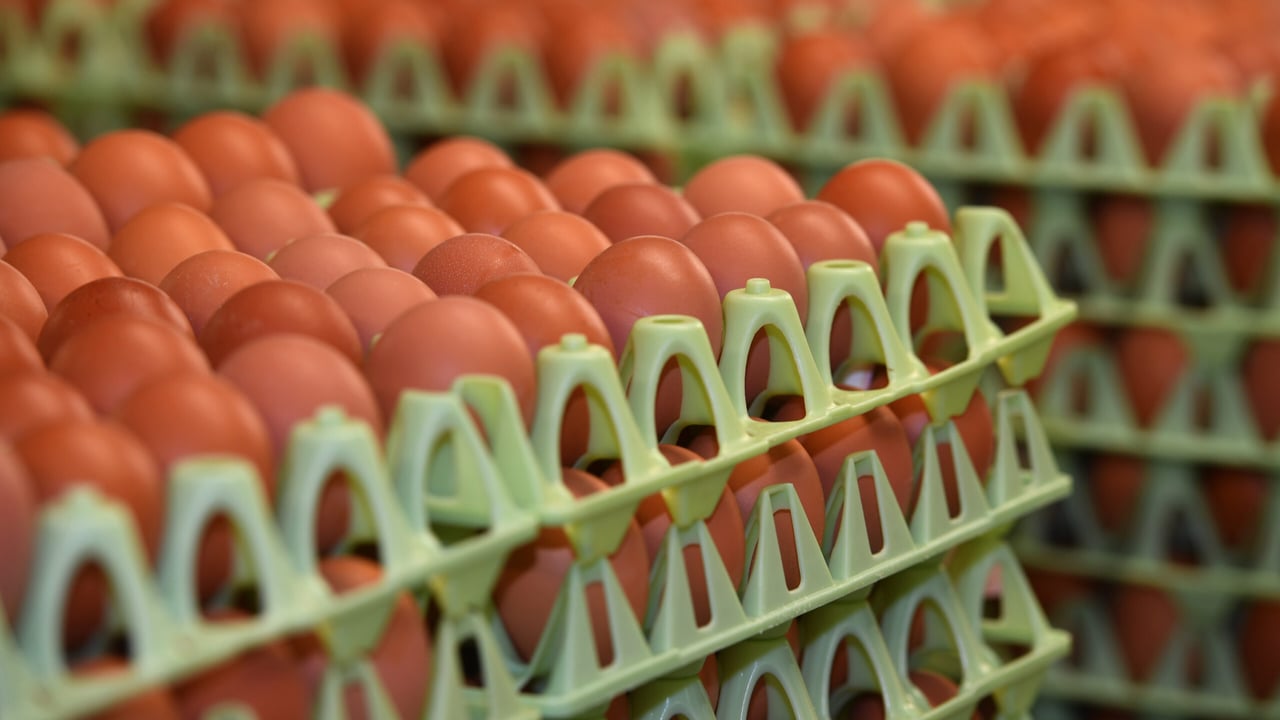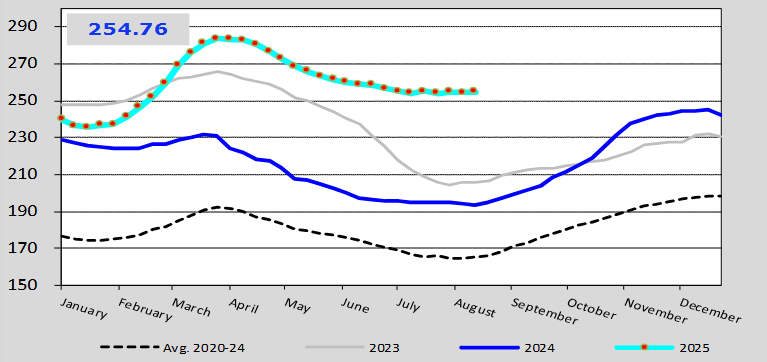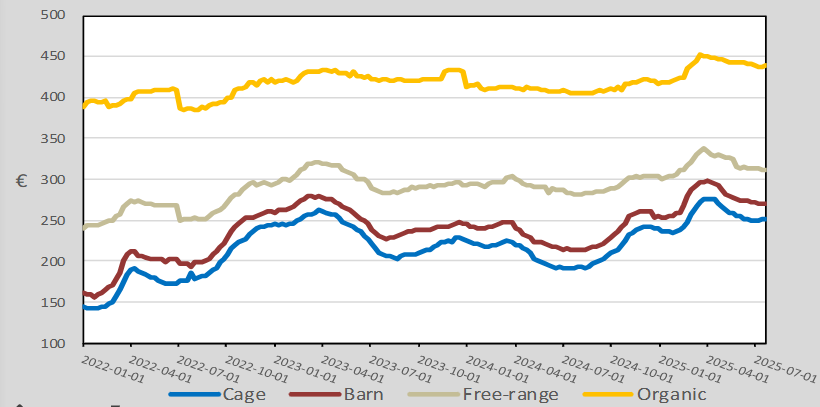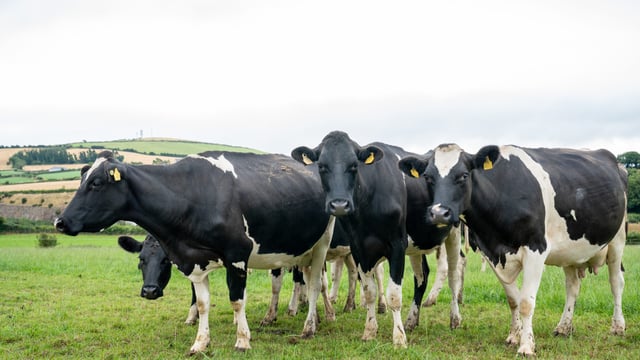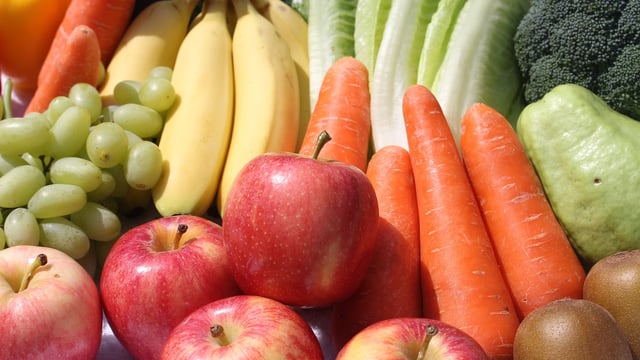Average EU egg prices climb 31.6% year on year - report
Average egg prices in Europe have reached €254.76 per 100kg according to a new report published by the EU Commission.
These figures are based on the average price of class A eggs in packing stations, supplied by weekly EU member state data, as required by the Commission Implementing Regulation 2017.
The price recorded equates to an increase of 31.6% in prices when compared to prices for the same time last year.
The report was based off week 33 of the calendar year, which runs from August 11 to August 17.
Supermarkets across Ireland, such as Tesco, Dunnes, and Aldi are charging in the region of €2.39 for six large free range eggs, and around €1.69 for six large barn eggs.
The latest European Commission report highlights how organic produce is by far the most expensive, costing approximately €440 per 100kg, followed by free range at approximately €315 per 100kg.
Barn eggs came in at €275 while cage eggs followed closely at €250 per 100kg.
According to the EU Commission, there was a total of 391.4 million laying hens in EU member states in 2024.
Out of these 39.3% are barn hens, 38.1% are kept in cages, 15.8% are free range, and 6.7% are organic.
Trading
According to the report, the EU continues to be the largest exporter of eggs in the world,with just shy of 70,000t exported in 2024 (up to April), and over 85,000t exported in 2025 (up to April).
However, the commission also noted that the EU imported over 40,000t of eggs in 2025 (up to April), an increase on the 28,000t imported in the same time period for 2024.
The UK was the major destination for exports, while Ukraine was the main source for imports to the EU in both 2024 and 2025.

